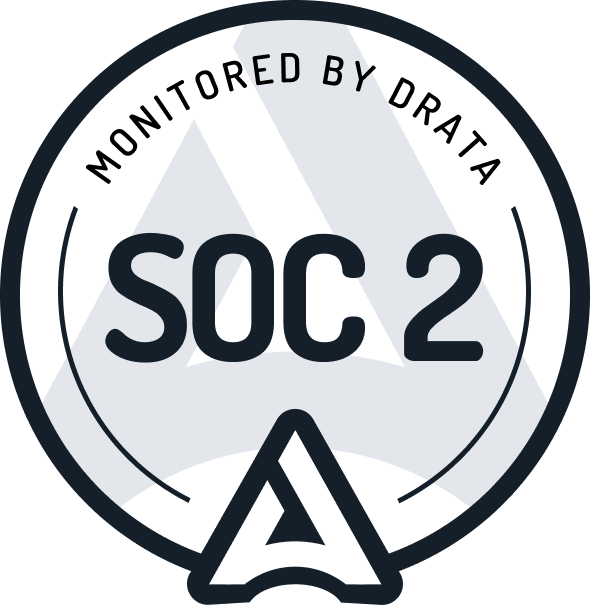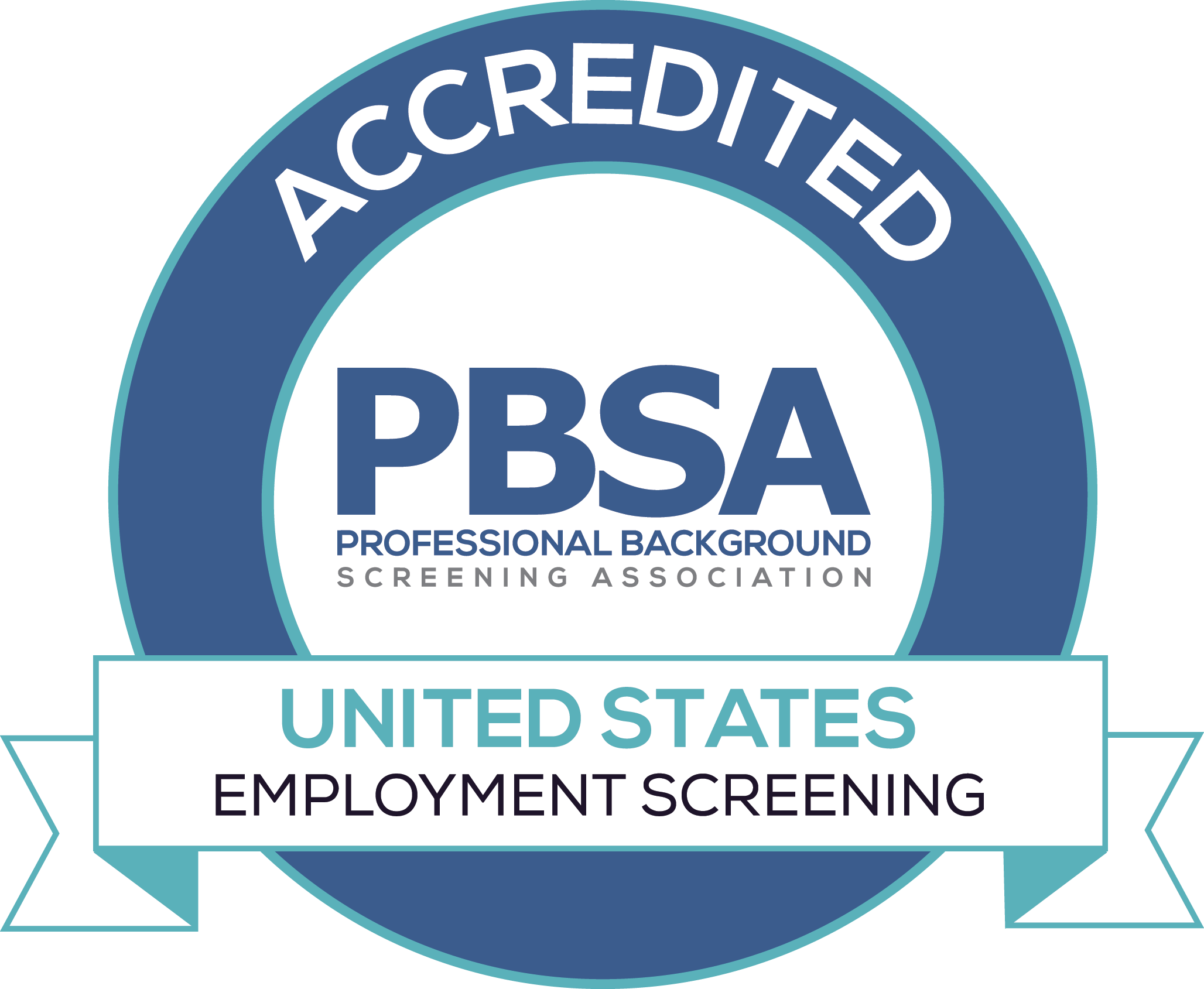February 3rd, 2020
On December 10, 2020, the New York City Council passed bill Int. 1314-A, which significantly expands the scope of New York City’s “ban-the-box” law, the New York City Fair Chance Act (FCA). The bill would impose significant restrictions on an employer’s ability to take adverse action against a job applicant or current employee based on pending criminal charges or arrests, or convictions arising during employment. The amendments would also prohibit asking for or considering adjournments in contemplation of dismissal1 or non-criminal violations2 in employment decisions.
New York City Mayor Bill DeBlasio has 30 days, or until January 9, 2020, to sign, veto or take no action on the legislation. If no action is taken within 30 days, the amendments become law.
The Existing Requirements of the New York City Fair Chance Act
The FCA took effect October 27, 2015, and amended the New York City Human Rights Law by adding stringent restrictions and review and notice requirements when an employer considers an individual’s criminal conviction history in deciding whether to employ or retain the applicant. The FCA added to the preexisting requirements of the New York State Human Rights Law and the New York Corrections Law, Article 23-A, that an individualized assessment of the impact of an applicant’s conviction history on their fitness for employment be conducted before an adverse decision is made. Under state law, employers are required to apply eight specific factors to decide whether the applicant’s conviction history either 1) directly relates to the job applied for or 2) employment of the applicant creates an undue risk to property, persons or the public.3 The FCA incorporated these requirements and added a strict prohibition on inquiries of any type regarding an applicant’s criminal history unless the applicant first receives a conditional offer of employment.4
The FCA also imposed a detailed, specific process employers must follow before a conditional offer of employment may be withdrawn based on an applicant’s criminal history. The FCA process requires an employer, before adverse action is taken based on an applicant’s criminal history, to provide the applicant with a notice and written analysis, applying the required state law factors, of the impact of their criminal history on the job applied for, and to allow the applicant at least three business days to respond and provide relevant documents or information for the employer to consider before withdrawing a conditional offer.5
Amendments Expanding the Protections of the Fair Chance Act
The amendments to the FCA significantly expand the scope of its protections in several ways.
Restrictions on Consideration of Criminal Accusations and Arrests Pending at Time of Application
The amendments expand the FCA’s protections by requiring employers to apply the FCA review process before taking adverse action based on an applicant or employee’s pending, open criminal charges, arrests or accusations. Currently, the FCA prohibits any inquiry about an applicant’s criminal history only before a conditional offer of employment is made, including inquiries regarding pending, open criminal charges. However, after a conditional offer is given, the FCA currently does not prohibit withdrawing a conditional offer, or terminating employment based on an open, pending arrest, criminal charge or accusation, and no individualized assessment of the impact of the arrest, pending charge or accusation is required.
Pursuant to the amendments, before a conditional offer may be withdrawn or a current employee adversely affected on the basis of a pending criminal charge, arrest or accusation, an employer must individually assess the relevance of the alleged criminal conduct using seven factors similar to, but not the same as, the eight factors required to be applied under N.Y. Corrections Law Article 23-A.
Specifically, regarding the age of the person at the time of the pending charge, employers are required to consider whether the applicant or employee was 25 years of age or younger at the time of the criminal offense. Since the charge is currently pending, employers need not assess how long ago the offense occurred. The requirement to consider evidence of rehabilitation and good conduct has been enhanced by the amendments to require employers to consider “any additional information produced by the applicant or employee, or produced on their behalf, in regards to their rehabilitation or good conduct, including history of positive performance and conduct on the job or in the community, or other evidence of good conduct.” Employers cannot withdraw a conditional offer of employment based on a pending criminal charge or accusation unless, after application of the seven required factors, it concludes there is either (i) a direct relationship between the alleged wrongdoing that is the subject of the pending arrest or criminal accusation and the employment sought or held; or (ii) the granting or continuation of the employment would involve an unreasonable risk to property or the safety or welfare of specific individuals or the general public. If the employer reaches one or both of those conclusions, the applicant or employee must be provided with an FCA notice setting forth the employer’s analysis, and allow at least three business days after receipt of the notice to respond to the analysis and provide additional documents or information for the employer to consider, prior to the withdrawing the conditional offer or taking adverse action.
Consideration of Convictions Occurring During Employment
The amendments to the FCA also apply the FCA notice and review process to criminal convictions arising duringemployment. While the individualized assessment requirements of New York State Article 23-A have long applied to consideration of the conviction history of current employees,6 the FCA process currently only applies to applicants for employment. Once the amendments take effect, the same FCA notice and review process will apply before employers may take adverse action based on an employee’s conviction during employment.
Non-pending Arrests and Criminal Accusations and Adjournments in Contemplation of Dismissal
The amendments make it unlawful to either make any inquiry about “non-pending” arrests or criminal accusations, adjournments in contemplation of dismissal, youthful offender adjudications or sealed offenses, when such an inquiry would violate the New York State Human Rights Law (NYSHRL), N.Y. Exec. L. § 296.15.7 Currently, the FCA prohibits denying employment on these bases, but does not prohibit inquiries about such history, as the NYSHRL does.
Violations and Non-Criminal Offenses
Another significant amendment to the FCA is the new prohibition against inquiries regarding, or denying employment based on violations and non-criminal offenses, such as non-criminal disorderly conduct. As amended, employers cannot even ask about non-criminal violations and offenses, and cannot consider them in making an adverse decision regarding employment. This restriction does not prohibit inquiries regarding or consideration of an applicant’s motor vehicle record.8
Restrictions on Revocation of Conditional Offer of Employment
The amendments also codify a rule set forth in the current regulations promulgated by the New York City Commission on Human Rights (NYCCHR), which provide that a conditional offer of employment can only be revoked based on 1) the results of a criminal background check, after the FCA process has been followed; 2) the results of a medical exam a permitted by the Americans with Disabilities Act, or 3) other information the employer could not reasonably have known before making the conditional offer if, based on the information, the employer would not have made the offer and the employer can show the information is material.9 Because of this rule, many employers hiring in New York City have implemented a two-tiered background check process, wherein they receive and evaluate a background check report containing all information to be considered except the applicant’s criminal history, and thereafter obtain a criminal history report only if the applicant passes all other pre-employment screening criteria. In addition to codifying this rule, the amendments place the burden of proof on the employer to demonstrate an affirmative defense by showing “it would not have made the offer regardless of the criminal history.”10
Affirmative Requirement to Solicit Information for the Fair Chance Act Factors
Finally, the amendments codify a position long taken by the NYCCHR, and reflected in its Enforcement Guidance, that employers must affirmatively solicit from the applicant information from the relating to the Article 23-A factors that must be considered when assessing the applicant’s criminal history. Currently, the regulations only require solicitation of evidence of rehabilitation and good conduct.11 Under the amendments, employers must affirmatively solicit information informing their analysis of all Article 23-A factors, including the facts and circumstances underlying the applicant’s criminal convictions. Failure to solicit this information supports a finding that the FCA process was improperly applied.
Implications for Employers
The amendments to the FCA significantly expand the categories of information relating to an applicant’s criminal history that either may not be solicited, or, if solicited and received, must be carefully reviewed using the meticulous and onerous requirements of the FCA. Employers and businesses retaining contractors12 considering any aspect of an applicant’s criminal history should consult experienced employment counsel familiar with the FCA and the latest amendments thereto to modify their criminal history review policies and processes, prior to the latest amendments taking effect, to insure compliance with the FCA going forward and prevent problematic claims under the statute.

With more than 1,500 labor and employment attorneys in offices around the world, Littler provides workplace solutions that are local, everywhere.
Read more news and analysis here: https://www.littler.com/news-analysis
Company
Background Checks




